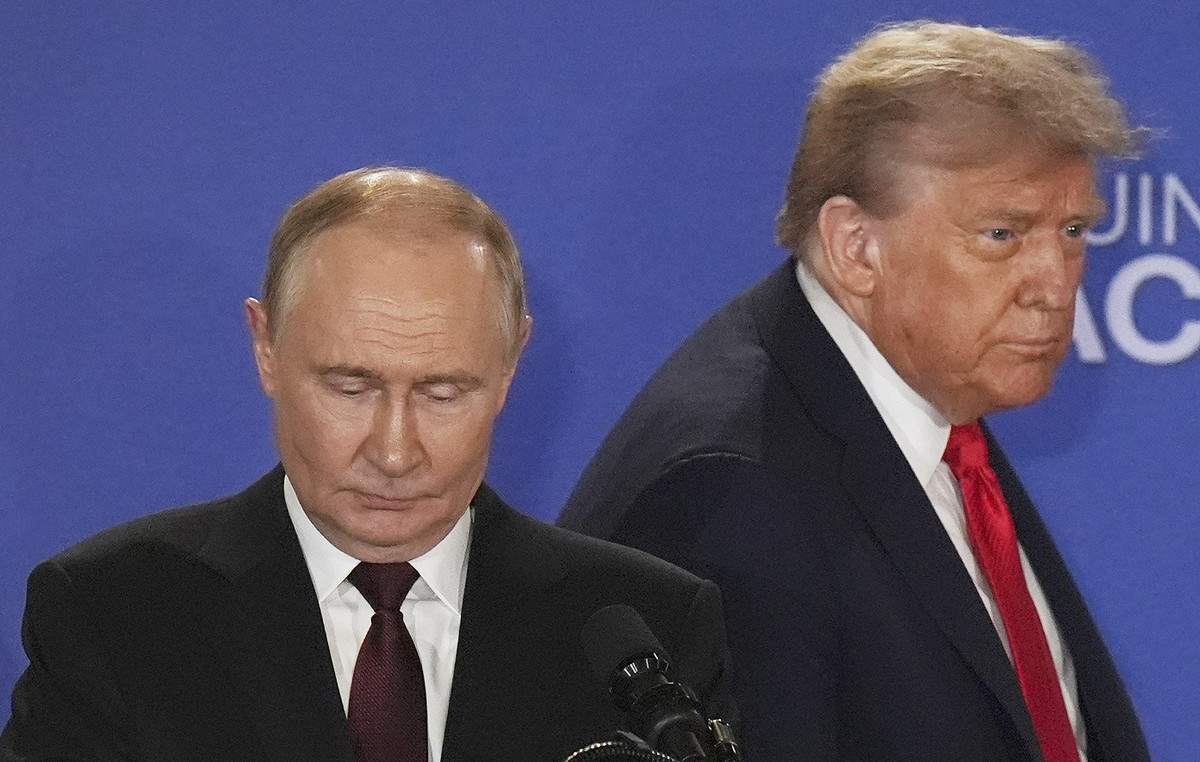European stock markets closed higher on Tuesday, with stocks reacting to speculation about the US midterm elections, which take place today, and with retail data from the euro zone and statements by European Central Bank officials. (ECB) on the radar.
The pan-European Stoxx 600 index rose 0.78%, to 421.61 points, at 13:55 (GMT).
In London, the FTSE 100 rose 0.08% to 7,306.14 points, while the CAC 50 in Paris rose 0.39% to 6,441.50 points, and the Milanese FTSE MIB gained 0.86%, at 23,694.17 points.
In Madrid, the IBEX 35 index rose 0.46% to 7,998.90 points.
The DAX index, in Frankfurt, followed the movement and increased 1.15%, to 13,688.75 points. Finally, on the Lisbon stock exchange, the PSI 20 rose 0.09% to 5,770.42 points.
On today’s agenda, the mid-term elections in the United States stand out, which will define which party will ensure control of the Senate and the House of Representatives and will influence the economic impacts of the country in the second half of the government of Joe Biden, the current US president. , and put the Federal Reserve (Fed, the American central bank) under pressure to loosen monetary policy.
According to an analysis by CMC Markets, the markets continued to trade cautiously.
The highlight was the DAX, which traded above its 200-day moving average for the first time since February this year, with the weaker dollar supporting confidence sentiment and heightened risk appetite.
On Tuesday, the official statistics office of the European Union, Eurostat, reported that retail sales in the euro zone were up 0.4% in September, compared with August.
The result was not a surprise to investors, as the number came in line with forecasts by analysts polled by the Wall Street Journal.
However, according to ING analysis, the results should not represent a turning point for consumption in the bloc, since high inflation impacts purchases in a “very apparent” way.
ECB Vice President Luis de Guindos highlighted today that the institution will continue to raise interest rates “until we ensure that inflation is in line with our definition of price stability”.
The president of the Bundesbank (German central bank) and also a member of the ECB, Joachim Nagel, said that the forecast for Germany’s inflation in 2023 is that it will be at least 7%, which would mean being on the verge of recession.
“We have to ensure that the high rates of inflation end quickly. There is no doubt that the longer inflation remains high, the greater the risk that long-term inflation expectations will increase.”
Source: CNN Brasil
Joe Jameson, a technology journalist with over 2 years of experience, writes for top online news websites. Specializing in the field of technology, Joe provides insights into the latest advancements in the industry. Currently, he contributes to covering the world stock market.







